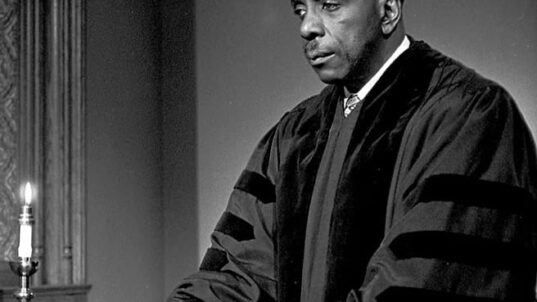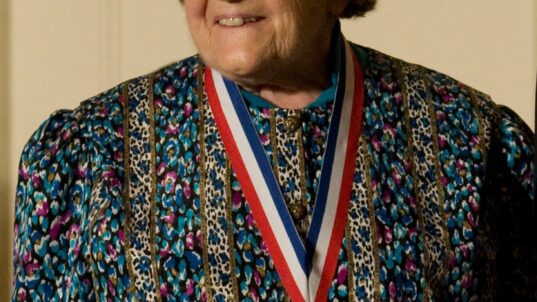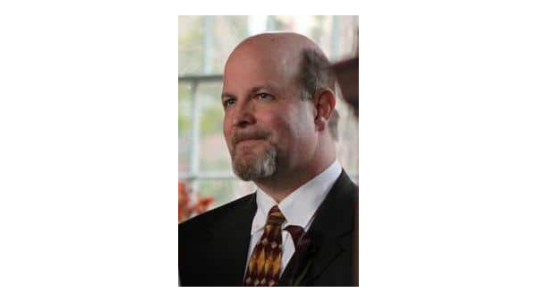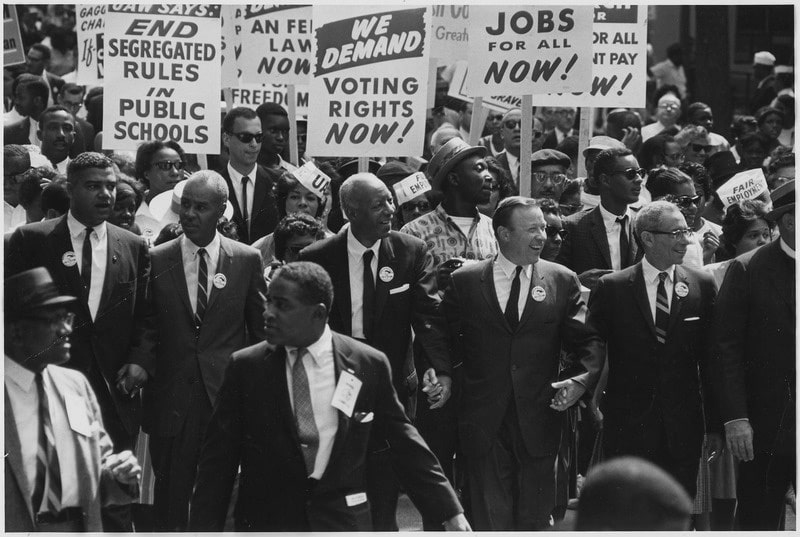
The March on Washington, Rowland Scherman, Public domain, via Wikimedia Commons
Just imagine the originators of positive social change in our society. Think about the pioneers who were some of the first advocates for social justice, human rights, civil rights, gender equality, health care guarantees, public education, environmental protection, and other advances in our society. Today most of these changes are widely accepted as essential traits of a just society. But they weren’t when the pioneers began their advocacy. Who were these pioneers? What was in their DNA that compelled them to take the lead?
Perhaps the best way to think about these questions is to reflect on the life of one person. It’s hard to imagine the courage and vision that it took for this one person to be at the forefront of what now seem like essential facets of our society. It’s even more remarkable when you learn how he accomplished all he did before passing away in 1970.
He was born in Wheeling, West Virginia, in 1907, to parents who were immigrants from Germany. His parents organized debates among their five children to grow their awareness of the social issues of the day. He started working when he was 9 and never finished high school.
Over his career, he was one of the most influential Americans. He was one of the pioneers who helped to bring about the following social changes:
- The creation of the Peace Corps
- The Civil Rights Act of 1964
- The Voting Rights Act of 1965
- Medicare and Medicaid
- The Fair Housing Act
He was an advisor to Presidents Roosevelt, Truman, Kennedy, and Johnson. He was an ally of Martin Luther King Jr. and worked with King in Selma, Alabama. He organized funds for Dr. King’s release from the Birmingham jail where King authored his famous letter. He helped organize the March on Washington in 1963. He was a supporter of Cesar Chavez and the United Farm Workers. He played a critical role in organizing the first Earth Day just a month before his death in a plane crash. He was also reviled by those who opposed social change, and he managed to survive two assassination attempts. Perhaps the best summary of his life is a quote from a journalist: “He is the only man I have ever met who could reminisce about the future.”
Think about why we don’t often share more stories about individuals who are instrumental in bringing about positive social change. What more could we learn about their lives, their approaches, and how they were successful in bringing about change? But most importantly, what could we learn about how they developed and sustained their vision?
Just imagine how many people reading this message still don’t know the identity of this person who contributed so much to our society. Just imagine how knowing more about him could help us deal with our current societal challenges. Just imagine how inspiring his story might be to young people of modest means but glorious dreams.
* * *
“There is no greater calling than to serve your fellow men. There is no greater satisfaction than to have done it well.” – Walter Reuther (longtime President of the United Auto Workers, the subject of this message, and included in the photo at the top of this post, just below the sign “Jobs For All Now”)
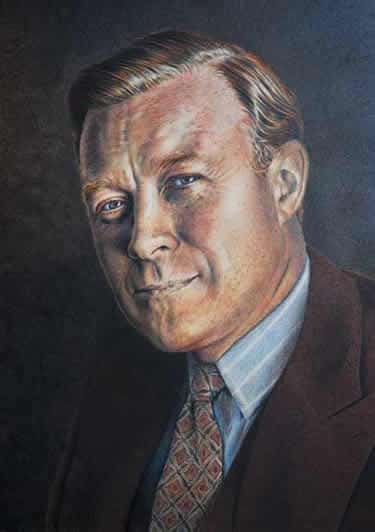
Walter Reuther, by Department of Labor, Public Domain
This is part of our “Just Imagine” series of occasional posts, inviting you to join us in imagining positive possibilities for a citizen-centered democracy.

